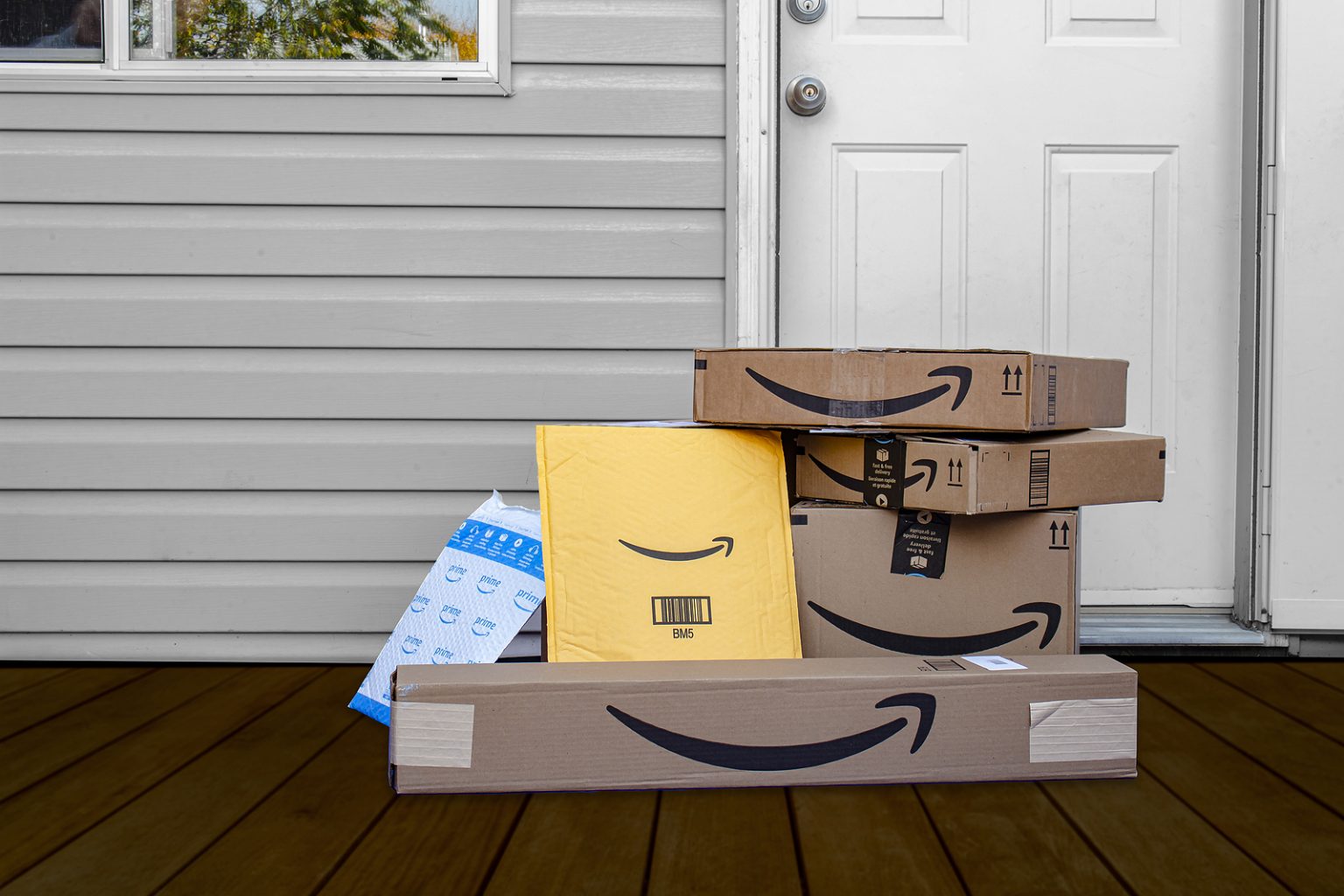Summarize this content to 2000 words in 6 paragraphs
Amazon Haul offers items of less than $20 each, delivered in a week or more. (BigStock Photo)
This week on the GeekWire Podcast, we dive into Amazon’s new “Haul” discount storefront — a rival to Temu, Shein, and TikTok Shop — and explore what it says about the future of e-commerce, and generational shifts in shopping.
Guests Michael Levin and Josh Lowitz of Consumer Intelligence Research Partners (CIRP) join the show to provide insights into the long-term trends around Amazon Prime membership and consumer behaviors on the platform.
Related links and coverage
Top takeaways
Prime numbers: CIRP’s research shows that Amazon Prime membership has steadily expanded from a mostly younger demographic to a broader set of consumers over the years.
Prime membership has grown from around 17 million people in the U.S. more than a decade ago to nearly 200 million individual U.S. members today, reflecting its dominant position in e-commerce.
Amazon’s logistics improvements have allowed it to reach more customers in suburban and rural areas, causing the Prime member base to evolve over time to reflect the broader U.S. population.
Amazon reported about $40 billion in revenue from subscriptions last year, which is believed to consist largely of Prime memberships. That translated into about 7% of the company’s overall revenue.
Why launch a Temu and Shein rival? The key drivers are competitive pressures, the desire to retain younger customers, and Amazon’s strategy of experimentation and diversification within e-commerce.
Temu’s U.S. e-commerce market share is projected by eMarketer to grow from 0.7% this year to 2.3% next year, making it difficult for Amazon to ignore.
By offering a similar discount-focused shopping experience via Amazon Haul, the company can try to prevent customers from being lured away to competing platforms.
Even if it doesn’t succeed, Haul allows Amazon to test out new shopping models that cater to different consumer preferences, and inform its overall online experience.
The state of the consumer relationship with Prime: Overall, Amazon has a positive relationship with the typical U.S. consumer, CIRP’s research indicates.
Amazon Prime members tend to engage in more frequent, smaller transactions — bringing a “convenience store” mentality to the larger world of online shopping.
The desire to make the most of their Prime membership subscription leads many members to shop on Amazon first before considering other options, even if they don’t have an immediate need.
In terms of challenges and opportunities, the grocery business remains a tough nut for Amazon to crack, and it’s unclear what level of dominance, if any, the company will achieve in that space.
Subscribe to GeekWire in Apple Podcasts, Spotify, or wherever you listen.
Audio editing by Curt Milton.












